Comment and Articles
As an advocate of discussion and debate of Canadian defence and foreign policy, RUSI Vancouver will share opinions and observations from academia, the media, and respected historians.
For now, the category is not available for feedback to the website on published topics.
Gwynne Dyer Commentaries
The noted independent, London-based, Canadian columnist and military historian Gwynne Dyer is an on-going contributor in the Comment section on the RUSI Vancouver website with well informed and pertinent commentaries. He was born in St. John’s, NL and educated at Memorial University of Newfoundland; Rice University, Houston; Kings College, London. He served in the Reserves of the Royal Canadian Navy, the US Navy and the RN. Dyer lectured at Sandhurst Military College then moved into a full-time career in journalism.
* * * * * * * * * * * * * * * * *
Israel-UAE: Last Days of the Old Middle East – 15 August 2020
By Gwynne Dyer
The ‘two-state solution’ is sill dead.
The deal to open diplomatic ties between Israel and the United Arab Emirates, announced by Israel’s Prime Minister Binyamin Netanyahu in Jerusalem on Thursday, opens no new vistas for a ‘just peace’ between the Israelis and the Arabs. It just repackages the existing reality.
There was not any possibility of an independent Palestinian state in the Israeli-occupied territories before last week, and there still isn’t now. There was only a very small chance that Netanyahu would annex the occupied territories to Israel before the Israeli-UAE deal was announced (although he talked about it a lot), and there’s even less chance of it now.
No real change on the international front either. Israel and the Arab countries are already at peace, with the partial exceptions of Syria and Lebanon, although few people in the region would call it a ‘just peace’. And the UAE has already been doing business quietly with Israel on everything from trade to defence planning (against Iran) for years.
Egypt and Jordan have had formal diplomatic relations with Israel for decades, and the other Gulf states will soon follow the UAE’s example, perhaps with Saudi Arabia bringing up the rear. The Palestinians, mostly living under Israeli occupation, understandably complain that they are being abandoned by their Arab brothers, but that really happened long ago.
So, what changed on Thursday, August 13? Truly little, although Donald Trump naturally tweeted that it was a “HUGE breakthrough” and his son-in-law and senior adviser Jared Kushner promised that the deal would bring “massive change” and “make the Middle East safer.”
Rubbish. The last Arab-Israeli war was 47 years ago, and it’s been decades since either side even had serious plans for one. The only plausible risk of a major cross-border war in the Middle East these days is between Iran on one side and the Arab Gulf states (with or without Israel) on the other.
That’s not really a big risk either, but the Arab Gulf states in particular worry aloud about it, and to some extent they have convinced themselves that it truly is a threat. They hope that they would have Israel’s support in such a war, since in military terms Israel is the region’s dwarf superpower.
Netanyahu’s government hates and says it fears Iran, so it probably would help the Arabs in the end. However, it would be a much more convincing deterrent to Iran if these putative Arab and Israeli allies were seen together in public occasionally. That is the main reason for the Gulf states to go beyond the furtive relationship they have hitherto had with Israel.
What’s in it for Netanyahu? A peace treaty with another Arab state is a feather in the cap of any Israeli prime minister, but this deal also neatly gets him out of the promise he made to right-wing Israeli voters in the last election to annex much or all of the occupied territories.
Annexation would be purely symbolic, since Israel has already ruled all that land for the past 53 years, but he still needed an excuse to renege on his promise. The UAE deal is the perfect excuse: he can say he had to cancel annexing the Palestinian territories because Israel’s new partners in the Gulf would be so upset that they’d walk away from the deal.
Netanyahu insists that annexation is only postponed, assuring Israelis that it is “still on the table.” Donald Trump says “they agreed not to do it. This is a very smart concession by Israel. It is off the table now.” ‘Long-term’ for both of these men is reckoned in months, so they have no idea how irrelevant all this diplomatic fine-tuning will seem in retrospect.
The old Middle East is living through its final years. Across the Arab world every power relationship has been defined by oil wealth for the past two generations, and now the wealth is fading fast. Eight years ago, the Arab oil-producing states were making a trillion dollars a year from their exports. Today their oil revenue is down by two-thirds ($300 billion), and it will fall further.
The coronavirus has accelerated this decline, but demand and prices have both been trending down for quite a while, and the growing unpopularity of fossil fuels in a rapidly warming world guarantees there will be no reversal of the trend.
Saudi Arabia and the UAE still have large cash reserves, but some of the smaller oil-states are running out of money right now. Economic devastation will be followed by political collapse: even the map of the Middle East may look quite different in ten or twenty years’ time.
And who will emerge from the wreckage as the sole big powers of the Middle East? Only the two countries with fully modern and diversified economies and little dependence on oil revenues: Israel and Turkey.
Funny how things turn out, isn’t it?

July 30: #137 - Canada's Victoria Class Submarines: An Update
"The [Victoria Class Submarines] are a well-designed and solidly constructed class of modern conventional submarines that have had an unusual life since entering service with the [Royal Navy] in the early 1990s," said the August 2016 briefing analysis, recently obtained by Conservative Party researchers. "'While chronologically 20 years older, they have not been operated extensively during that time." (Quoted from Murray Brewster of the CBC, July 28 2020.)
“…an unusual life,” indeed. A fatal fire; a serious grounding, at depth; innumerable minor and major repairs and replacements, including a generator; failed essential welds.
“…chronologically 20 years older.” Agreed. Much of which time has been spent sitting in seawater, which is hard on any object, let alone one pulsing with electrical and electronic gear. In addition the boats spent ten years in the water before Canada acquired them.
“…have not been operated extensively during that time.” No, and unlikely to be operated extensively in the future. Not one day at sea in 2019.
For twenty years and counting the RCN has made do with Royal Navy castoffs. Staggering amounts of money produced boats that were fine as stopgaps and showed themselves to be effective for short periods of time. That, though, is the point.
The CBC article goes on to explain that in order to make the submarines last longer (moving the planned phase-out in the 2030s into the 2040s), they’d not try to be operational for 6 years with a 2-year maintenance period as is the current plan. Instead, they’d opt for 9 operational years followed by a 3-year shutdown for maintenance. Success at that seems unlikely, given the poor record of days at sea under the current system.
Herculean efforts on behalf of Canadian submariners have helped Canada to make a useful contribution to mutual defence of the west. Tweaking operational/maintenance cycles is a stopgap measure. The boats are simply not effective if they spend their days alongside.
A submarine replacement program will take at least 15 years. It should be started now.

July 21: #136 - The China Conundrum
In 1950 China was under control of the Communist Party of China and led by Chairman Mao Zedong. The year before he had proclaimed the People’s Republic of China, made possible by his defeat of the Nationalist forces of Chiang Kai-shek. Chiang was supported by the United States, but by 1950 had retreated to the island of Taiwan.
Chairman Mao was a supporter of North Korea’s leader, Kim Il-sung, who finished World War II as a major in the Soviet army. There is no doubt that Kim’s invasion of South Korea in 1950 was supported by Josef Stalin and Mao Zedong.
In late November of that year Mao’s People’s Liberation Army entered the Korean War, concerned about United Nations forces that had pushed the North Koreans to the very doorstep of China on the banks of the Yalu River.
From that date until the Korean armistice was signed in 1953, Canada was for all practical purposes at war with China. Admittedly not directly: the Canadian Army, Royal Canadian Navy, and RCAF were part of a United Nations force spearheaded by Americans, and all-out war was never declared.
Some 25,000 Canadians served in Korea with more than 500 paying the ultimate price.
Seventy years later, the Middle Kingdom is a behemoth on the world’s stage, rivalling the USA for supremacy in trade. Its population is 1.4 billion; it is rapidly expanding a blue-water navy, and claims the South China Sea as its own. It reaches into the Arctic, and doesn’t hesitate to intimidate Asian neighbours.
Mao is history, but he has been replaced by another absolute ruler. Xi jinping is the unconstrained leader of the Communist Party of China and of the People’s Republic of China itself. “Xi jinping thought” is taught at Chinese universities, reminiscent of “the thoughts of Mao” of an earlier generation.
Canadians and Chinese are no longer shooting at each other, but Xi’s China doesn’t hesitate to try to bully Canada.
On the diplomatic front Canada’s extradition treaty with the US has landed Meng Wanzhou in her two Vancouver mansions, and the two Michaels, Spavor and Kovrig, in solitary confinement in China. Aggressive Chinese agents harass members of the diaspora in Canada, infiltrate Canadian municipalities and high schools, and use front groups to sow confusion. Chinese state-owned entities buy Canadian energy companies and win government contracts for security-related hardware. Huawei, Meng’s company, has been rejected by all of Canada’s Five-Eyes intelligence partners—but not by Canada.
Why on earth not?

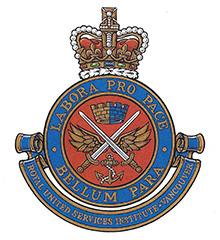
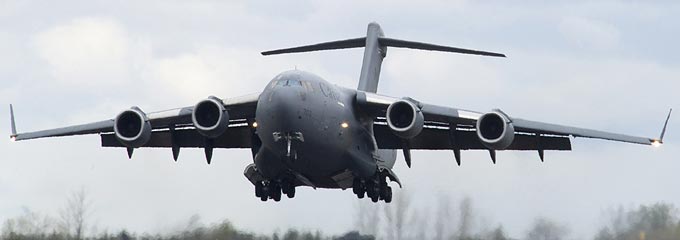
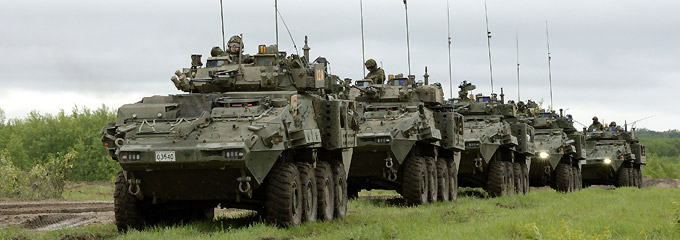
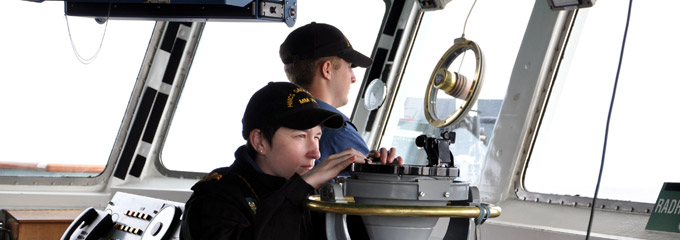
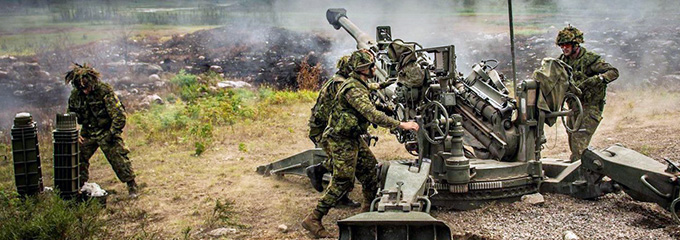
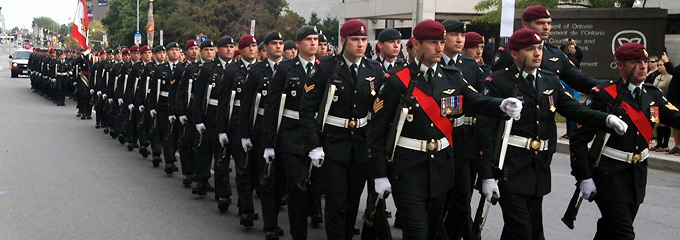
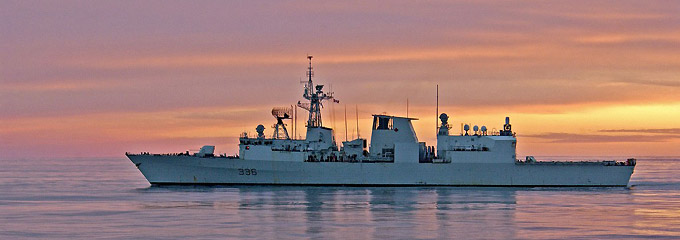
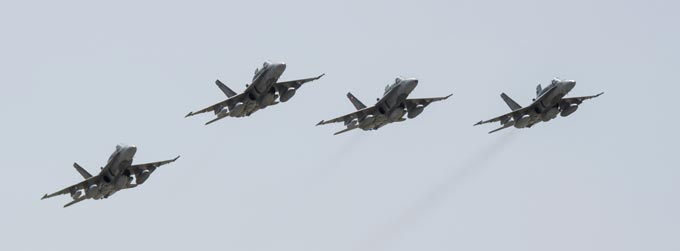
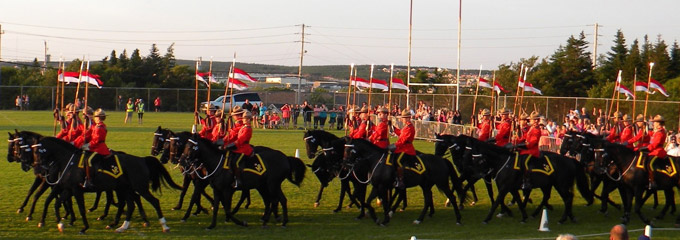
RUSI Vancouver Colleagues:
The Two Michaels Are Still Being Held in Chinese Jails!
Michael Spavor and Michael Kovrig were imprisoned in China nearly two years ago as retribution for the arrest in Vancouver of Meng Wanzhou, the Huawei executive who faces extradition to the U.S. and is under court-ordered house arrest in her $10 million Vancouver home.
Notes and cards can be sent to the Two Michaels through the Canadian Embassy in Beijing. Our colleagues at RUSI Nova Scotia began this practice and we understand that it has already attracted some attention. We cannot allow these two Canadians to fade from our consciousness.
Contact information for the Canadian Embassy in Beijing is:
Embassy of Canada
19 Dongzhimenwai Dajie
Chaoyang District
Beijing 100600 PRC
Email: beijing.consular@international.gc.ca
Contact information for the Prime Minister is:
The Rt. Hon Justin Trudeau
House of Commons *
Ottawa, Ontario,
Canada
K1A 0A6
Telephone: 613-995-0253
Fax: 613-947-0310
Email: justin.trudeau@parl.gc.ca
Contact information for the Foreign Affairs Minister is:
The Hon François-Philippe Champagne
House of Commons *
Ottawa, Ontario,
Canada
K1A 0A6
Telephone: 613-995-4895
Fax: 613-996-6883
Email: Francois-Philippe.Champagne@parl.gc.ca
Correspondence sent to any Member of Parliament can be sent postage-free.